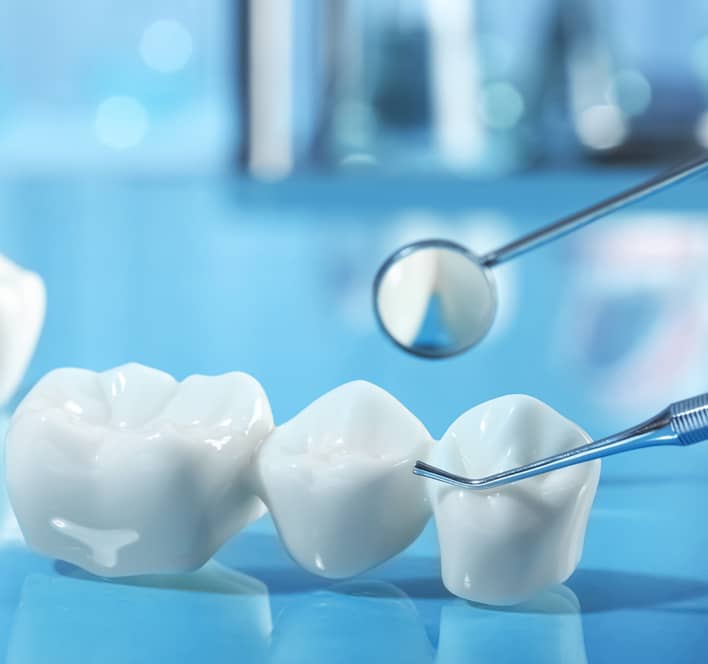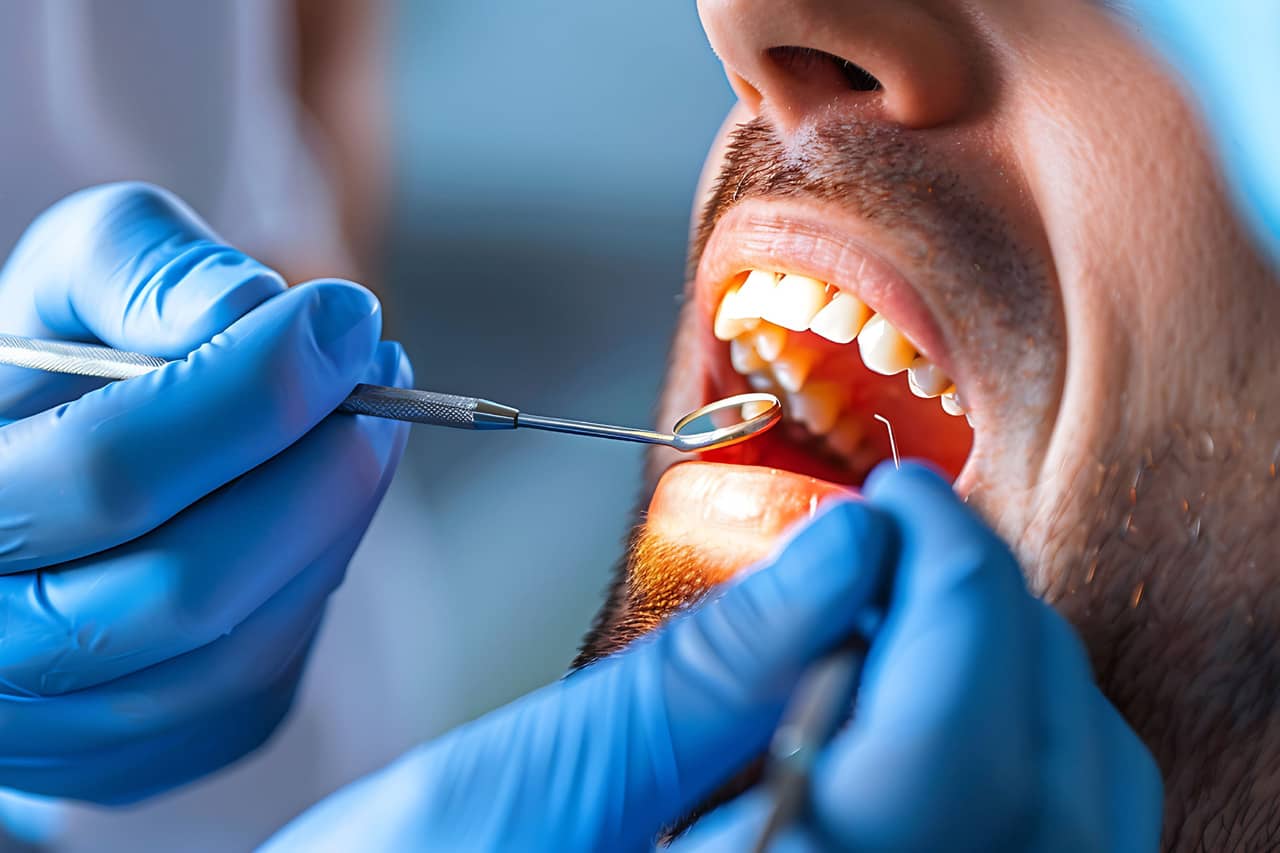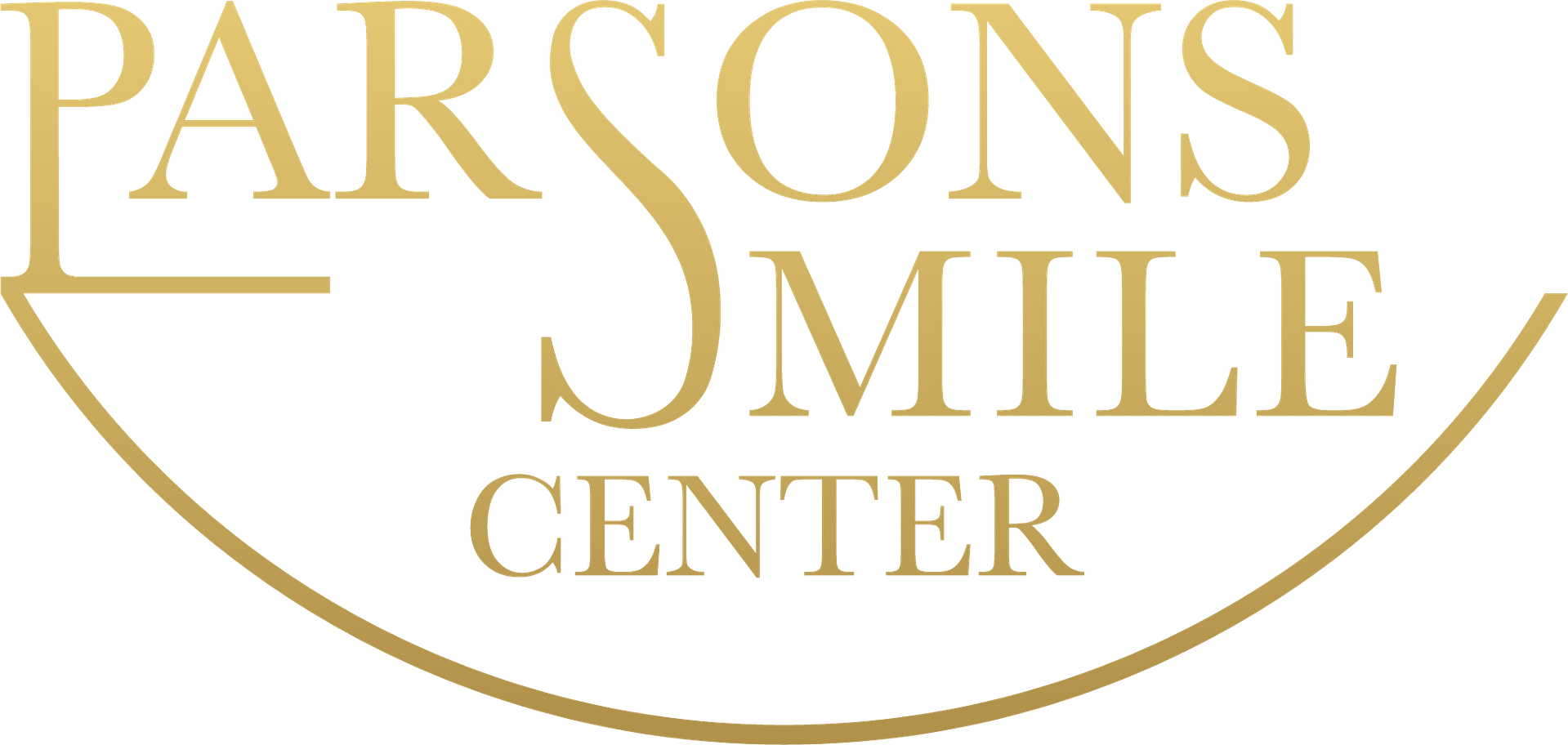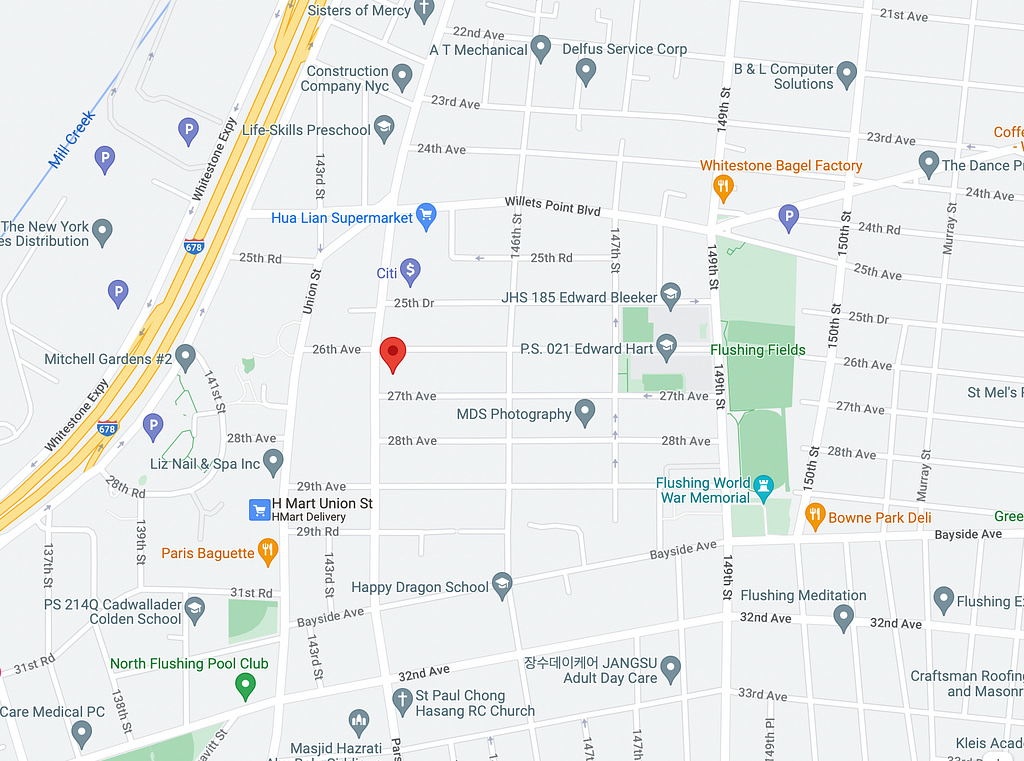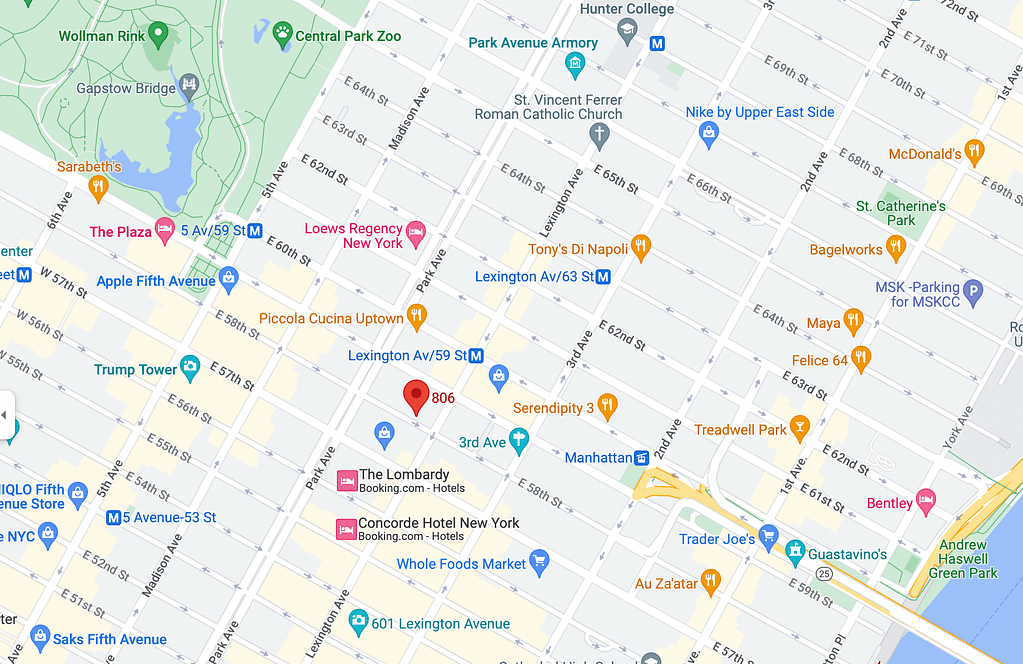
Missing teeth may not seem like a big deal, but they can have a serious effect on your oral health. Teeth help you chew your food, speak properly, and maintain your facial structure. Fortunately, you have several treatment options to replace missing teeth and restore your smile, including dental implants and bridges. However, knowing which treatment is right for you can be challenging. While both these solutions fill gaps in your smile, they have differences in components, intensity, treatment length, and maintenance.
At Parsons Smile Center, we evaluate your teeth, gums, and jaw to determine which treatment would be best for you. We also consider your health history and personal preferences when developing your personalized plan. Dr. Fady Salha has over 30 years of experience providing exceptional dental services to Manhattan and Queens patients, so you can trust us to restore your smile and confidence.
4 Differences Between Dental Implants and Fixed Bridges
When presented with dental implants and a fixed bridge as options to replace your missing teeth, you may not know which one would be better for you. Our knowledgeable team at Parsons Smile Center can help you understand the differences between these treatments, which include the following:
Components
While both aim to replace missing teeth, bridges and implants have different components. Dental implants consist of a small titanium post that replaces the tooth root and supports a restoration, such as a crown, bridge, or denture that replaces the missing tooth. Because implants replace the tooth root, you need sufficient jawbone material before getting this treatment.
Fixed bridges do not replace the tooth root, meaning they do not have the same requirements as an implant. Instead, they consist of one or more artificial teeth with crowns on one or both sides. The crowns go over your natural teeth, and the artificial tooth or teeth bridge the gap in your smile.
Intensity
Dental implants are a more intense treatment than fixed bridges because they require surgery. During the procedure, we administer anesthesia to give you a pain-free experience. Then, we make an incision to expose the jawbone underneath. We create an opening for the implant, place it carefully, and close the incision with stitches. Before placing a permanent restoration, the implant must heal and fuse to the jawbone, which can take several months.
In contrast, a fixed bridge does not require surgery. However, we still need to remove a small amount of enamel from the natural teeth the crowns will be placed over. This helps make room for the caps and provides a more comfortable fit.
Treatment Length
Dental implants can take several months to complete, while fixed bridges can be placed in one appointment. If you are looking for a quick solution, a dental bridge may be the right choice. However, it is important to note that bridges have a shorter lifespan, typically needing replacement every five to seven years.
While dental implants can take several months to heal after surgery and have a lengthier process, they typically last longer than bridges.
Maintenance
While neither implants or bridges will get cavities, bridges tend to be more challenging to clean because there are no spaces between the artificial teeth and crowns. This can make it difficult to brush and floss this area thoroughly, so it is important to take proper care to prevent decay and gum disease.
Dental implants still require care and proper maintenance, but a single implant is generally easier to keep clean than a fixed bridge. Dental implants allow patients to brush and floss around them, so you can maintain optimal oral health with regular brushing, flossing, and dental cleanings.
Learn More About the Right Restorative Treatment for You With Parsons Smile Center
Several factors contribute to your decision between dental implants and a fixed bridge, including the need for surgery, length of treatment, and maintenance. At Parsons Smile Center, we help you consider every detail so you can choose the best treatment to meet your unique needs.
With years of experience and commitment to implementing the latest technology and techniques, you can rely on us to give you the best care possible and the beautiful smile you deserve. To schedule a consultation and learn more about these treatment options, call us at (212) 223-5100 or fill out our contact form.
